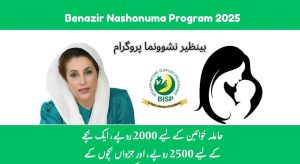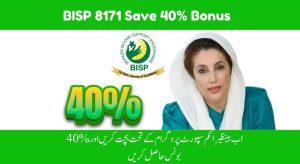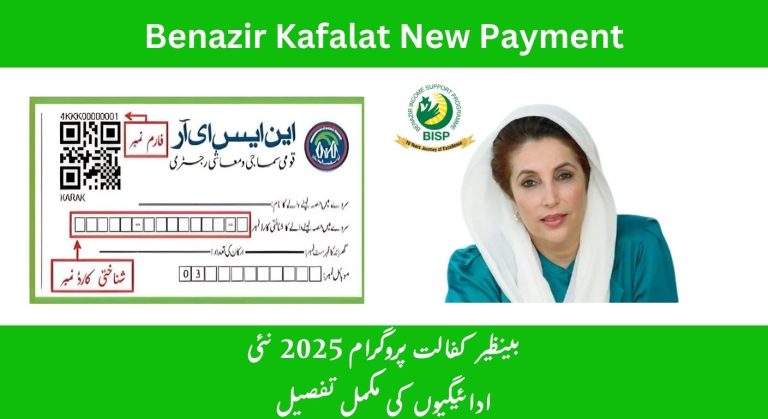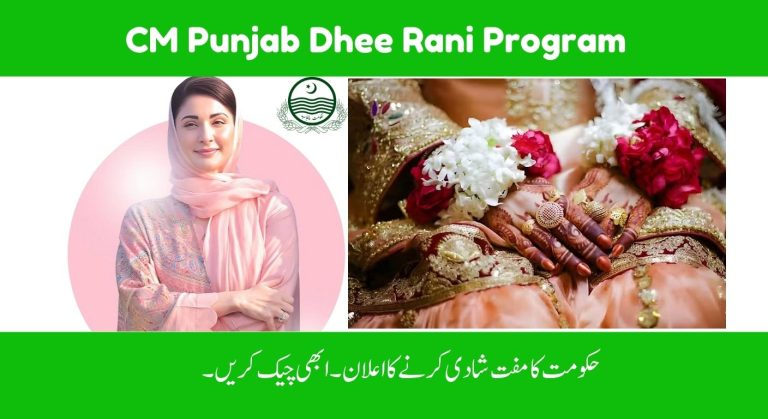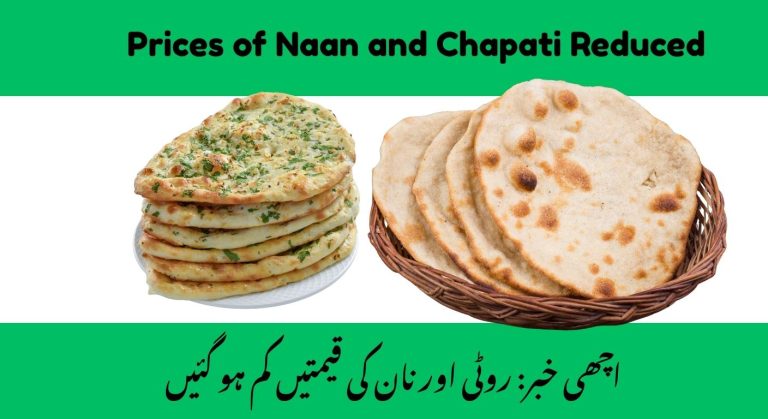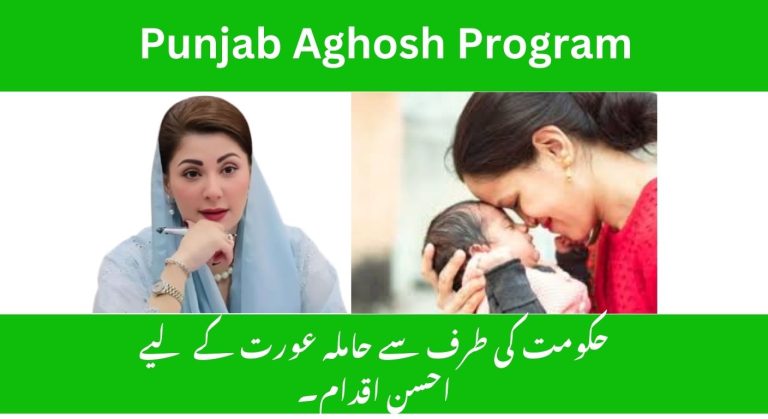Rashan Card Program 2025: Rs. 3,000 Monthly for Poor Women
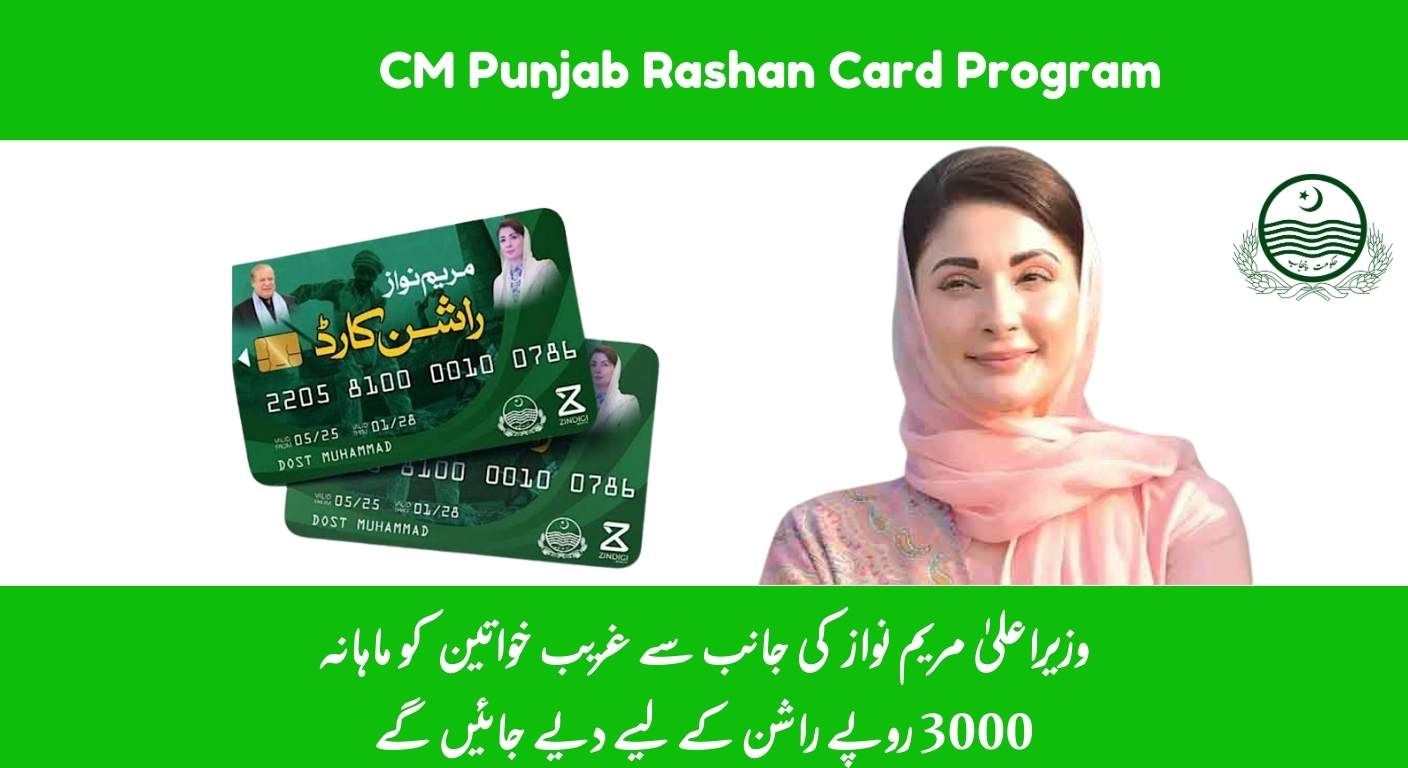
Punjab Chief Minister Maryam Nawaz’s Rashan Card Initiative 2025 will give Rs. 3,000 monthly to PSER-registered women from low-income families to buy essential food items.
What is the Rashan Card Program?
The Rashan Card Program 2025, launched by Punjab Chief Minister Maryam Nawaz, helps poor women afford food. Starting May 1, 2025, women registered in the Punjab Socio-Economic Registry (PSER) will receive Rs. 3,000 every month. They can use this to buy essentials like flour, rice, pulses, and oil at low prices from approved stores. It’s designed to support families struggling with high food costs.
Why Focus on Women and PSER?
Women often manage household expenses, so giving them money directly helps families. PSER identifies poor households, ensuring aid reaches only those in need. The program targets widows, disabled women, and low-wage earners, supporting around 1.5 million families in Punjab.
How Does the Rashan Card Work?
- Monthly Support: Rs. 3,000 to spend on food essentials.
- Digital Card: A secure card tracks spending to prevent misuse.
- Approved Stores: Use the card at utility stores or shops with a POS system.
Who Can Apply?
Women must:
- Be a Punjab resident with a valid CNIC.
- Be registered in PSER with a household income under Rs. 50,000/month.
- Not own vehicles, land, or be government employees.
- Priority for widows or women with disabilities.
Benefits for Families
- Affordable Food: Families can buy necessities without worry.
- Stronger Women: Women decide how to use the money, helping their homes.
- Fair System: Digital cards ensure only the poor benefit.
- Easier Life: Less stress about food expenses.
How to Apply
- Verify PSER: Check registration at pser.punjab.gov.pk or a Union Council office.
- Register: Apply online with CNIC or visit one of 5,000 PSER centers.
- Confirm Status: Send CNIC to 8070 via SMS to check eligibility.
- Receive Card: Eligible women get cards by May 15, 2025.
For support, call 0800-02345.
Why It’s Important
This program reduces hunger, empowers women, and saves government money by targeting the poor. It’s a step toward a fairer Punjab where families can thrive.


